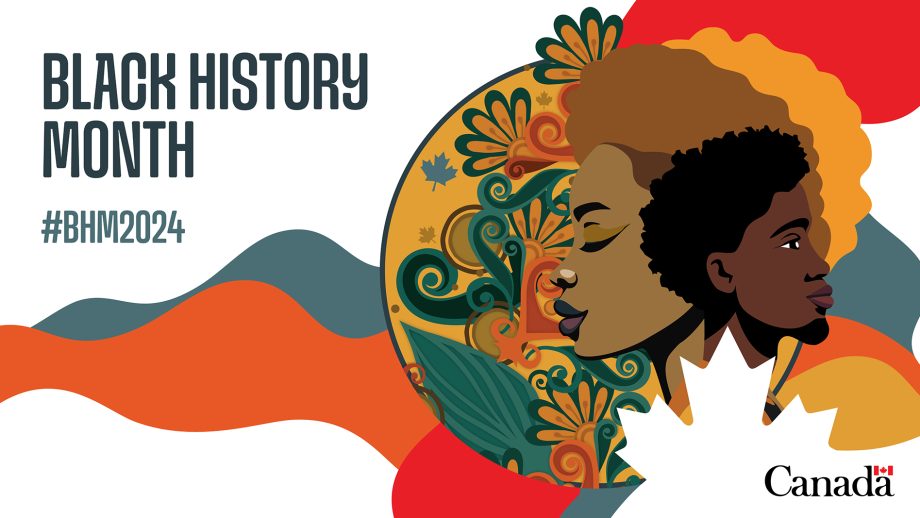From May 15 – 17, scholars, students, practitioners, and community members met at The University of Winnipeg to engage in a lively dialogue about the ways justice intersects with digital, virtual, and web-based forms of social life.
Digitizing Justice: Law, Crime and Order in an Online World is the most recent in a series of justice-themed conferences hosted by the Centre for Interdisciplinary Justice Studies (CIJS), housed in the Department of Criminal Justice at UWinnipeg.
CIJS is a collective of scholars motivated by the desire to bridge disciplinary divides and foster intellectual exchange about justice across diverse groups, including scholars, students, professionals, activists, and community members.
In 2009, CIJS hosted its first spring conference series and, a year later, launched its peer-reviewed journal The Annual Review of Interdisciplinary Justice Research, which is now accepting submissions for Volume 9. Visit CIJS for more information and the call for papers.
“CIJS is committed to promoting access to justice. We never charge fees for our events and we embrace an open-access model of publishing to ensure that knowledge is available to a broad and diverse audience,” said conference organizer Dr. Katherina Maier.
Since 2009, CIJS has “theorized,” “practiced,” “questioned,” “secured,” “educated,” “visualized,” “placed,” “represented,” “accessed,” and now “digitized” justice at its annual spring conference. Each year, the conference attracts participants from across North America and around the world. This year, delegates came from Illinois, Texas, New Jersey, Ontario, Quebec, Newfoundland and Labrador, Saskatchewan, and Alberta.
Eight keynote speakers gave thought-provoking talks on digitization, privacy, and equality; digital punishment; fantasy in the digital age; race and digital injustice; risk and digitization; digital methods; and digital citizenship. In addition, there were 41 individual paper presentations examining a wide range of issues from digital pedagogies to policing during the digital era.
“It was extremely exciting, gratifying, and enriching to host this event at The University of Winnipeg,” said Maier.
In May 2020, the CIJS will “mobilize” justice and will once again initiate an open and inclusive intellectual exchange about crime, law, and justice. In the meantime, organizers will be editing and publishing The Annual Review of Interdisciplinary Justice Research (IJR), Volume 9, on the theme of Digitizing Justice.
“We are indebted to our colleagues from around the university who helped to sponsor Digitizing Justice, including the departments of classics; English; political science; rhetoric, writing, and communications; sociology; and criminal justice, as well as the Criminal Justice Student Association for their generous volunteer support, and events, communications, and media services for their work in support of this event ” said Maier. “We also wish to thank the Justice Research Institute, the Faculty of Arts, the VP Research and Innovation, as well as SSHRC for their generous support.”
For more information, contact UWinnipeg Assistant Professor Katharina Maier at k.maier@uwinnipeg.ca.






